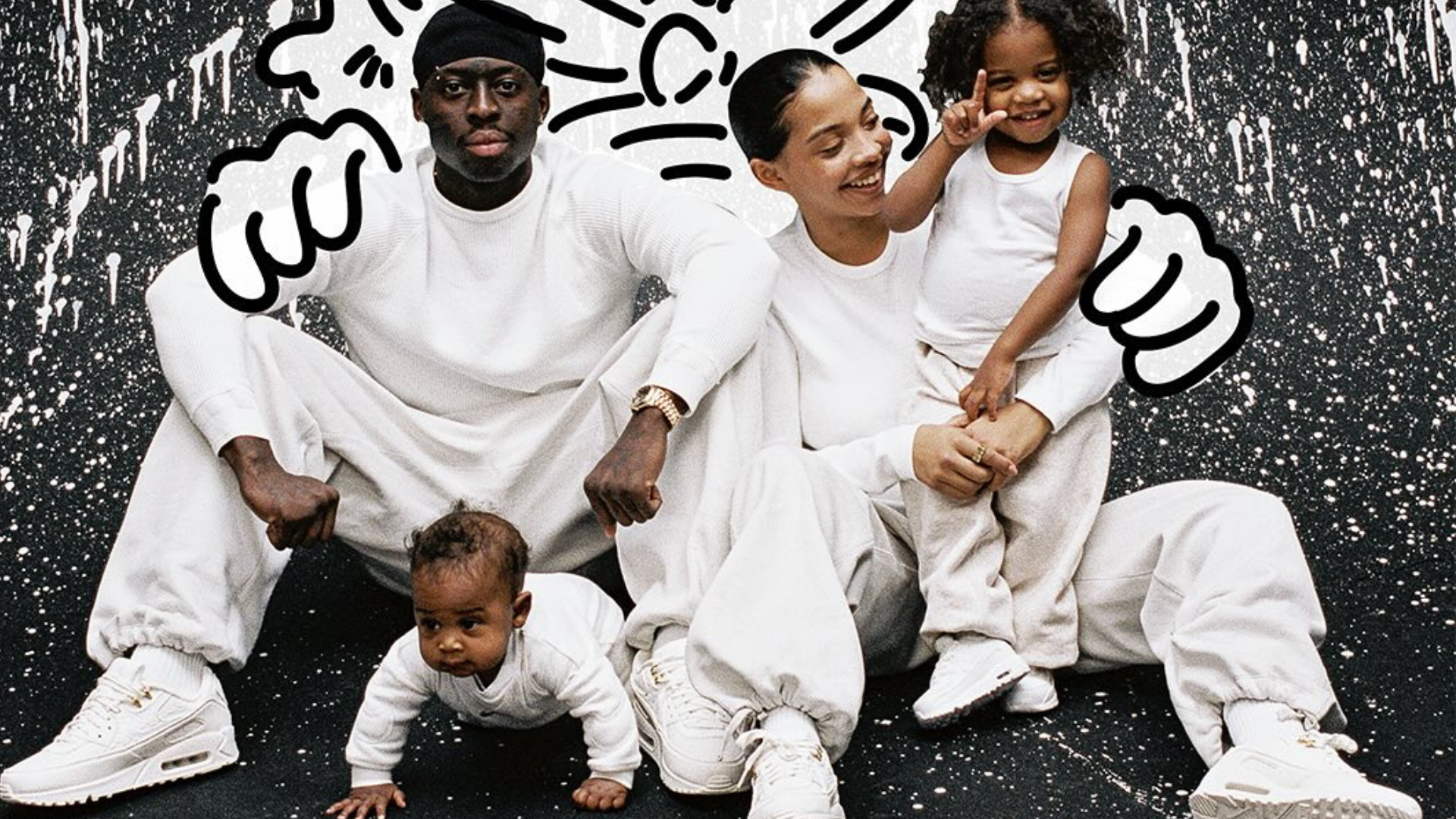“If there is a book that you want to read but it hasn’t been written yet, then you must write it.” —Toni Morrison
The brilliant and insightful Toni Morrison gifted the writing world with this powerful reminder that the story you’ve been craving is waiting inside you. As any writer can attest, pushing past fear and self-doubt to land in a mentally creative space that grants you the freedom to confess to your keyboard can be a journey. This journey can be even longer for those seeking to become authors. Especially for writers of color.
Statistically, the publishing world is still overwhelmingly saturated with White authors. While we have certainly witnessed a shift in the landscape—with newer Black authors like
Angie Thomas, Michael Arceneaux,
Eve L. Ewing and
Kiese Laymon on the scene and the continued achievement of established writers like
Roxane Gay—the barriers to the publishing world are still present. ESSENCE sat down with Krishan Trotman, a newly appointed executive editor at
Hachette Book Group, to talk about these barriers and the importance of inclusion and to get her tips for up-and-coming writers.
Although never an author herself, Trotman has published three books that have landed on
The New York Times best-seller list. While the woman behind the words has climbed to the executive level of a major publishing company, her career path wasn’t always clear.
“I wasn’t sure how to turn my passion for books into a career,” Trotman tells ESSENCE. “I entered a publishing program at City College [in New York] unsure of a career path. I didn’t know what I wanted to do until I met this beautiful Black woman. It was amazing to see a woman in the publishing industry who looked like me—
Malaika Adero, an editor at Simon & Schuster. She was publishing books written by people of color with such diverse backgrounds. The books were so fascinating, but they were not part of my assigned readings as an English major. We were reading the ‘classics,’ but they were not the types of books I was especially interested in.”
After graduation, feeling inspired to help create the books she wanted to read, Trotman obtained a position as an editorial assistant at Simon & Schuster. “The editors are responsible for identifying talented writers with a demonstrated potential to create a meaningful book,” she says. “Although the editor may also have a vision for the book, our primary job is to identify the talent and help craft the project into something amazing. It’s like if you have a talented singer, it’s not really a song until you have a producer. In this sense, the editor is the producer.”
To writers, “producers” may seem plentiful, but in actuality the opportunities to connect with them are few. One of the challenges in becoming a published author is a lack of representation from a literary agent. Generally speaking, a writer completes a book proposal and then sends it to different agents in hopes of securing interest in the project.
Once the writer is signed to an agency, the agent helps refine the proposal and then submits it to publishers for consideration. Without an agent or direct access to a publisher, talented writers can be at a disadvantage. The gulf between publishers and writers can be navigated with deliberate effort at both ends, however.
“I’m not the type of editor who sits at my desk waiting for proposals to come to me,” Trotman says. “I get out and find ways to connect with writers. I go to a variety of conferences and create opportunities to meet [them]. This is a strategy I incorporate to create diverse storytelling. This is part of the reason it’s important to have a Black woman in an executive role at a major publishing company. I fundamentally understand how critical inclusion is. I also understand that inclusion encompasses more than just race.”
So, what strategies can writers use to increase their chances of getting published? “It’s helpful to have a blog showcasing your best work, accompanied by a sizable social media following that engages in your content,” Trotman explains. “Writing for larger publications is important, but so is a demonstrated audience for your work. When [a] talented writer build[s] a following of engaged and interested readers, publishers take note of these things and sometimes reach out directly to the writer.”
As a final takeaway, Trotman says: “It’s important to find an editor you feel connected to and who really understands your work and vision as an author. These people can be more valuable than the dollar. Writers should be open to exploring diverse projects—those that may not be their dream book but have a market and could open doors for them. If your ultimate goal is to write a memoir, that is fine, but [it] may be tough to sell to a publisher. If you are a good writer, consider other subjects that may have a direct audience and lead to a book deal. The memoir could be your second book, after you’ve established a platform.”







